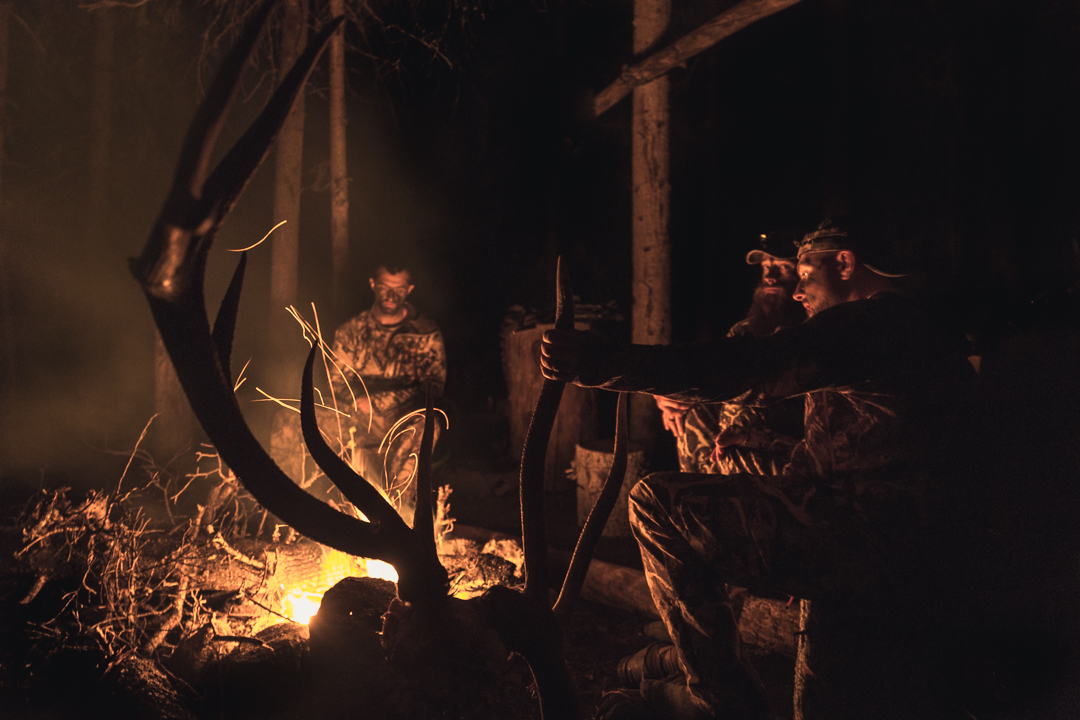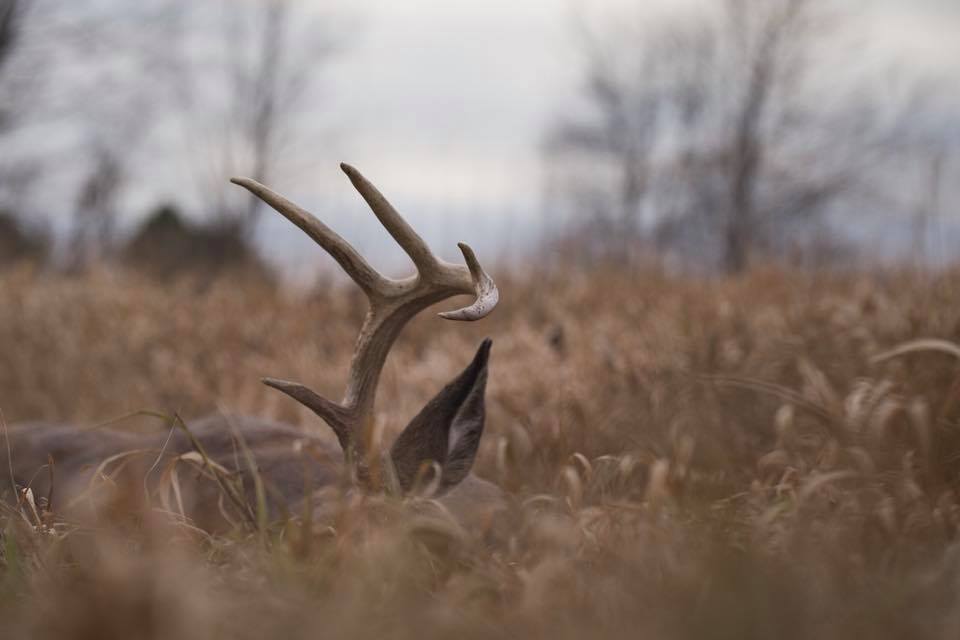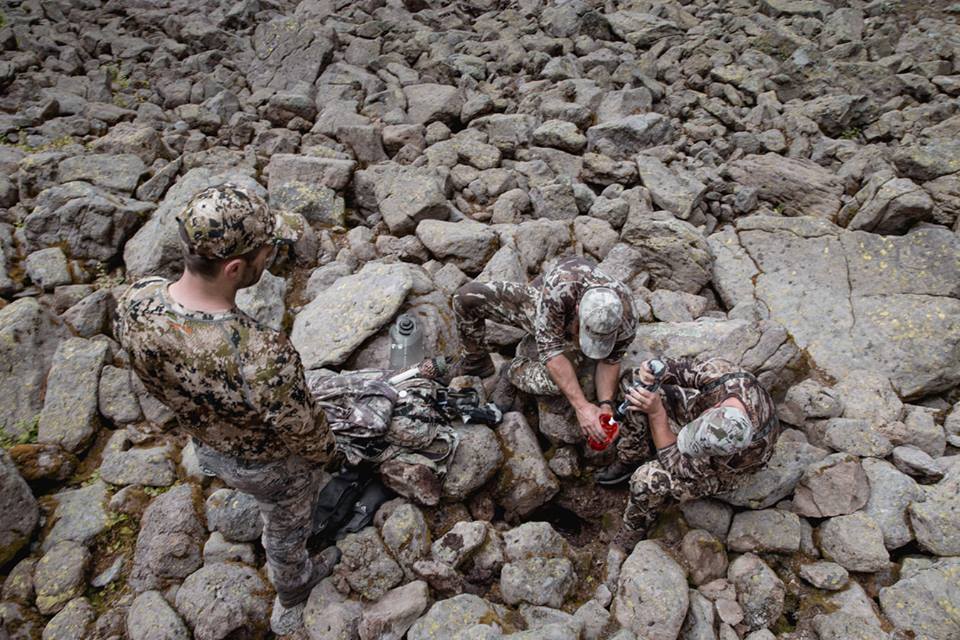transition wild
Off

Today’s article is written by my good friend and recent Transition Wild podcast guest, Joe Wilson. He illustrates how storytelling has become a “lost art” in our hunting culture and offers insight as to how we all can tell a better story, no matter how big or small, or what the outcome entails. With the world of social media taking us by storm, we tend to focus on the inches and the points as opposed to the finer details and experiences that truly matter. #MakeStoryTellingGreatAgain
Enjoy! – AP
By Joe Wilson
Before there was tv, radio, or even newspapers, there were storytellers. Due to long periods apart, people reconvening to catch up would undoubtedly regale everyone with the sort of adventures they had been on. Among the various occurrences in life, paramount among them has always been hunting because for nearly all of our existence, you hunted to live. Tales of death-defying encounters with larger than life creatures or trips gone awry turning into survival situations were the norm. Whatever the story, the ability for one to make the listener envision what it was like to be there and to hold one’s attention was more important than the actual event. A story is only as good as the teller. None of this is based on any actual historical evidence as I did zero research for this but come on, it seems plausible, right?
What I have noticed is that the age of grand storytellers seems to have passed. Sure, we still have the written word where we get to traverse mountains in search of sheep with Jack O’Connor, immerse ourselves into the rivers of Montana with Norman Maclean, or take a modern-day adventure into the heart of Alaska chasing buffalo with Steven Rinella, but what about the guys you see at the archery shop or huddle around a bonfire with at deer camp? In the age of YouTube, hunting television, and Instagram, it seems nobody cares about the spoken word unless it is to boast of their accomplishments. All anyone wants to do is show you a trail camera picture and explain why they did, or did not, shoot that monster buck. Details are limited, emotion is forgotten, and you are left wanting more.

Photo Credit: Charlie Williams
That being said, everyone knows one. It’s the guy/gal with stories. They are the one at family reunions who people gather around to hear speak. Usually, the speaker has reached elder status and has “seen a thing or two.” Their weathered faces give them credibility and they speak with purpose and conviction. They can tell the same story every year but for whatever reason, you never get sick of it. Probably because you could swear new details emerge every year and it never ends like you remember.
Typically the best stories begin with some background. How they got to where they were. What the environment was like. How they were feeling at the moment. The truly gifted tellers have a way of describing such things as if we were right there beside them. The spoken word has a way of being more intense. The listener can read emotions etched across their faces and in turn, the speaker can read the listeners faces to see if the story is having the intended effect. Stories can be tragic or uplifting, funny and maybe even unbelievable.
While I don’t consider myself the best storyteller, there is nothing I love more than hearing one. With that being said, here are my completely biased rules for the making of a good hunting story:

Photo Credit: Charlie Williams
There is no going back in time. Hunting television and social media is here to stay but do yourself and the hunting community a favor by putting a little more thought into the stories you tell. Let’s bring back the joy of sitting around a table drinking a cold beverage with your buddies and having one of them say, “hey man, remember that time you tried to shoot a bobcat with your bow?” Just be sure to respond with, “Bobcat? You must mean that mountain lion that tried to attack me.”
_ _ _ _
All photos in this article were taken by Charlie Williams. View more of his work by following him on Instagram: @__charliewilliams
Subscribe to our newsletter and receive The Colorado Beginner Elk Hunting Guide for FREE
© Copyright 2017 Transition Wild. All Rights Reserved | Powered by SKT Themes
